Teachers put questions to Education Secretary Shirley-Anne Somerville as she addressed their union in Dundee.
Four questions were selected from a list posed by members of the Educational Institute of Scotland at its AGM.
Topics she was quizzed on were the campaign for a 10% pay rise, funding to support those with additional needs and mental health issues, class contact time and universal free school meals.
Ms Somerville’s answer on whether the promised reduction in teaching hours would be preserved for teachers’ own planning and preparation provoked dissent from the audience at the meeting in Dundee’s Caird Hall on Friday.
Here are her replies to those questions.
What value do you place on the sacrifices of teachers during and post pandemic?
Those involved in pay negotiations, Ms Somerville said, were genuinely trying to get the best and fairest pay deal for teachers but must recognise the implications for restricted local and Scottish government budgets.
She said: “I think the Scottish Government has a strong track record for our support for teachers who, of course, backed a substantial 13% pay rise between 2018 and 2021.
“I am absolutely committed to working with unions and with Cosla to see what can be done… so that we can have a fair pay rise but recognising that we do have financial constraints both within the Scottish Government and local government.”
Amid a rise in violent incidents and mental health and wellbeing issues post-pandemic, will the Scottish Government commit to properly funding ASN staff, school counsellors and specialist behavioural and wellbeing support staff?
The impact of the pandemic on children and young people in a number of ways is recognised, Ms Somerville said.
She said: “We need to look at mental health and wellbeing and learning, and a holistic approach to children and young people.
“We also, of course, need to look at the requirements of those with additional support needs that may have been there before the pandemic, may have been exacerbated by the pandemic or those that may have particular challenges as they have returned to school following lockdown.”
There were a number of ways to approach that, she said, and highlighted an additional 2,000 teachers compared to pre-pandemic levels, 1,000 extra pupil support assistants recruited in 2021 and school counsellors now in secondary schools.
She said: “We need to look what can be done to ensure that support is adequate.”
There was also, she said, commitment to continuation of £60m for local government, particularly to assist with ASN, and an increase in the money being spent on ASN.
“But,” she said, “I recognise this is an ongoing concern that the union has, I recognise it’s a concern that many parents and young people have as we move out of the pandemic, and we need to look at recovery.”
Will you confirm reduced class contact time will be used for teachers’ planning and preparation?
She couldn’t give direct answers, she said, but the issue of class contact time is being considered currently and she hopes to see an implementation date “very soon”.
She said: “The EIS and other unions would like to also ensure we have within that discussion some deliberations about what that class contact time would be used for and I can simply say if we are going to have such a large change to class contact time, I think it’s right that the employers and the Scottish Government have a discussion with teachers about that class contact time before a final decision is made.
“I think it is fair to have a discussion about that class contact time and how that can best be used to support our children and young people.”
With provision of free school meals for all P6 and P7 pupils delayed, what assurances can you give that child poverty and child hunger are a priority for the Scottish Government?
The £20 weekly Scottish Child Payment was, she said, just one example of action to tackle child poverty and an “exceptionally large funding commitment the government has rightly made”.
Free school meals are already offered to all P1 to P5 pupils but their extension to P6 and P7 children in August has been postponed.
Ms Somerville said: “I think it is important we do look at some of the practicalities. One of the challenges if a school doesn’t have sufficient catering facilities is we might get to what you call a brown bag situation where children are given a cold lunch rather than a hot prepared lunch.
“In some families that might be the only hot meal that that child is getting, so we need to look at the practicalities of what would happen if the provision of school meals gets ahead of where the capacity is.
“That’s why we have got in this financial year £30m to allow local authorities to undertake changes to catering to ensure that we can move forward with delivery of universal free school meals for P6 and P7 pupils.”
Piloting of free school meals in secondary schools will also be looked at, she said, and “again practicalities will have to come into that too”.
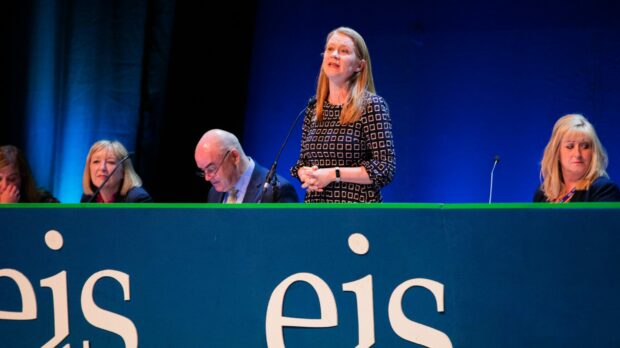
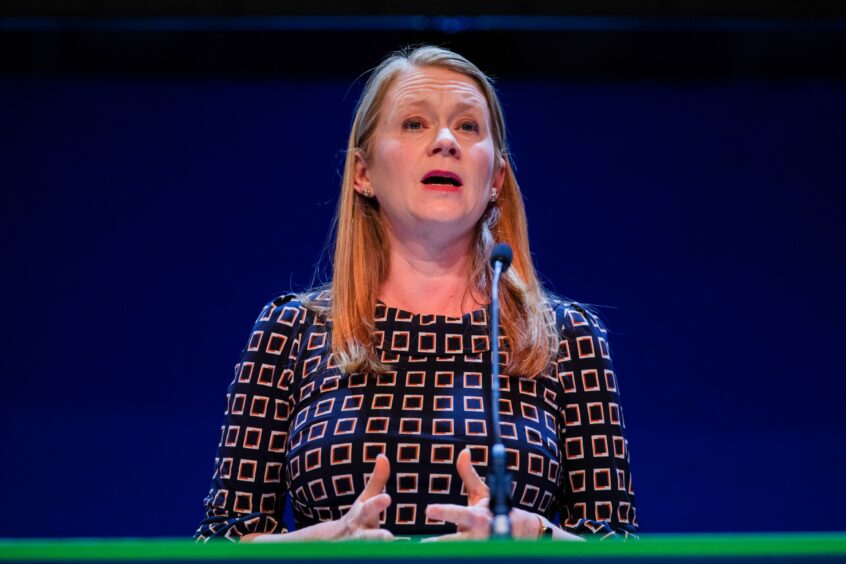
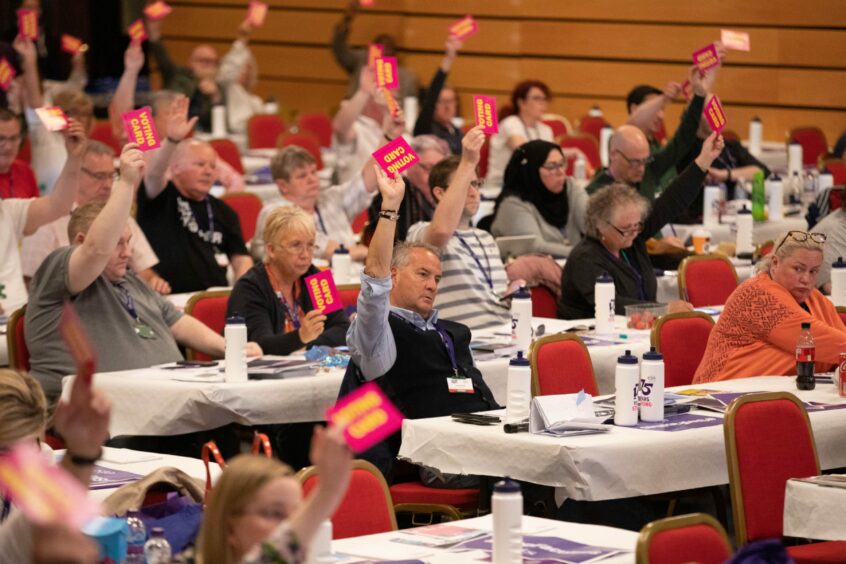
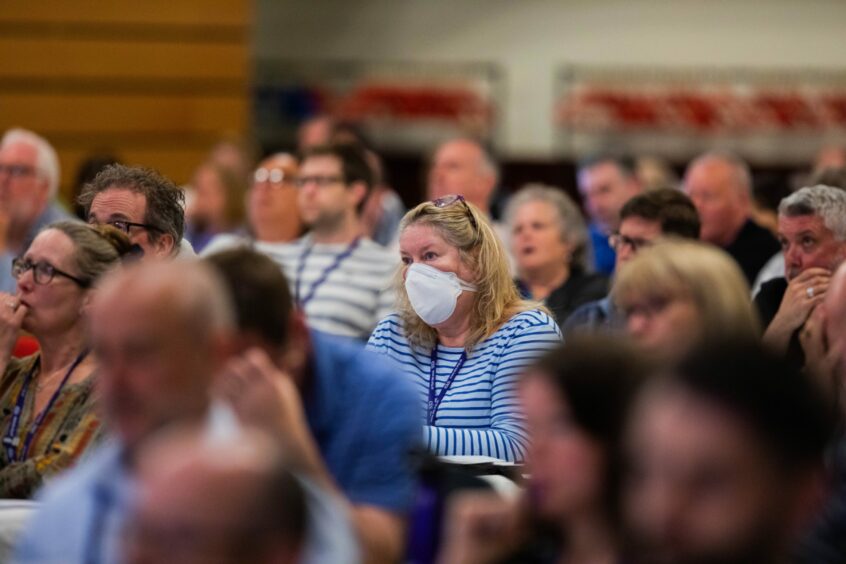
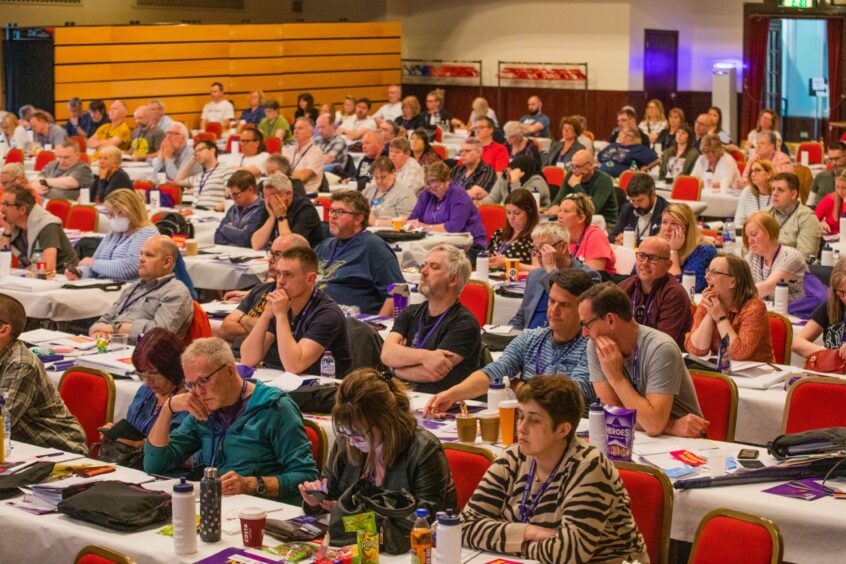
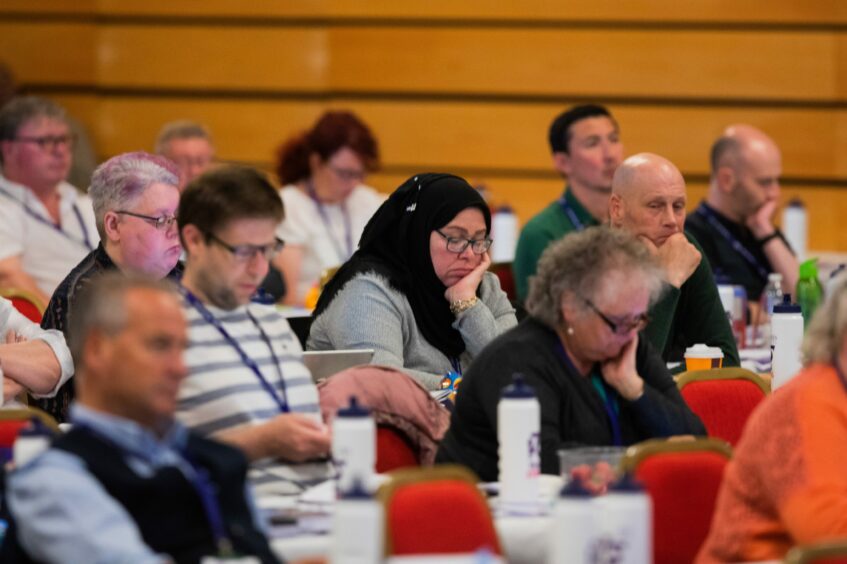


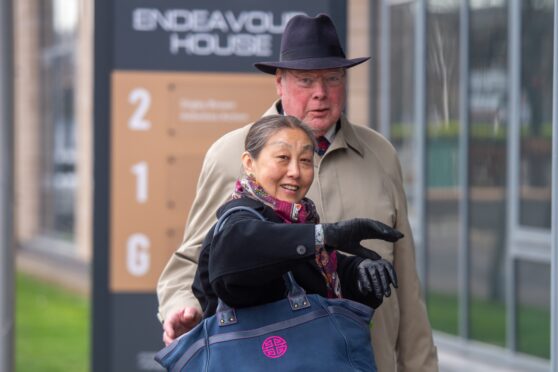
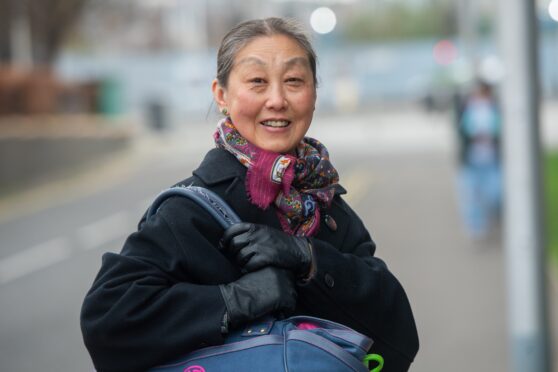






Conversation